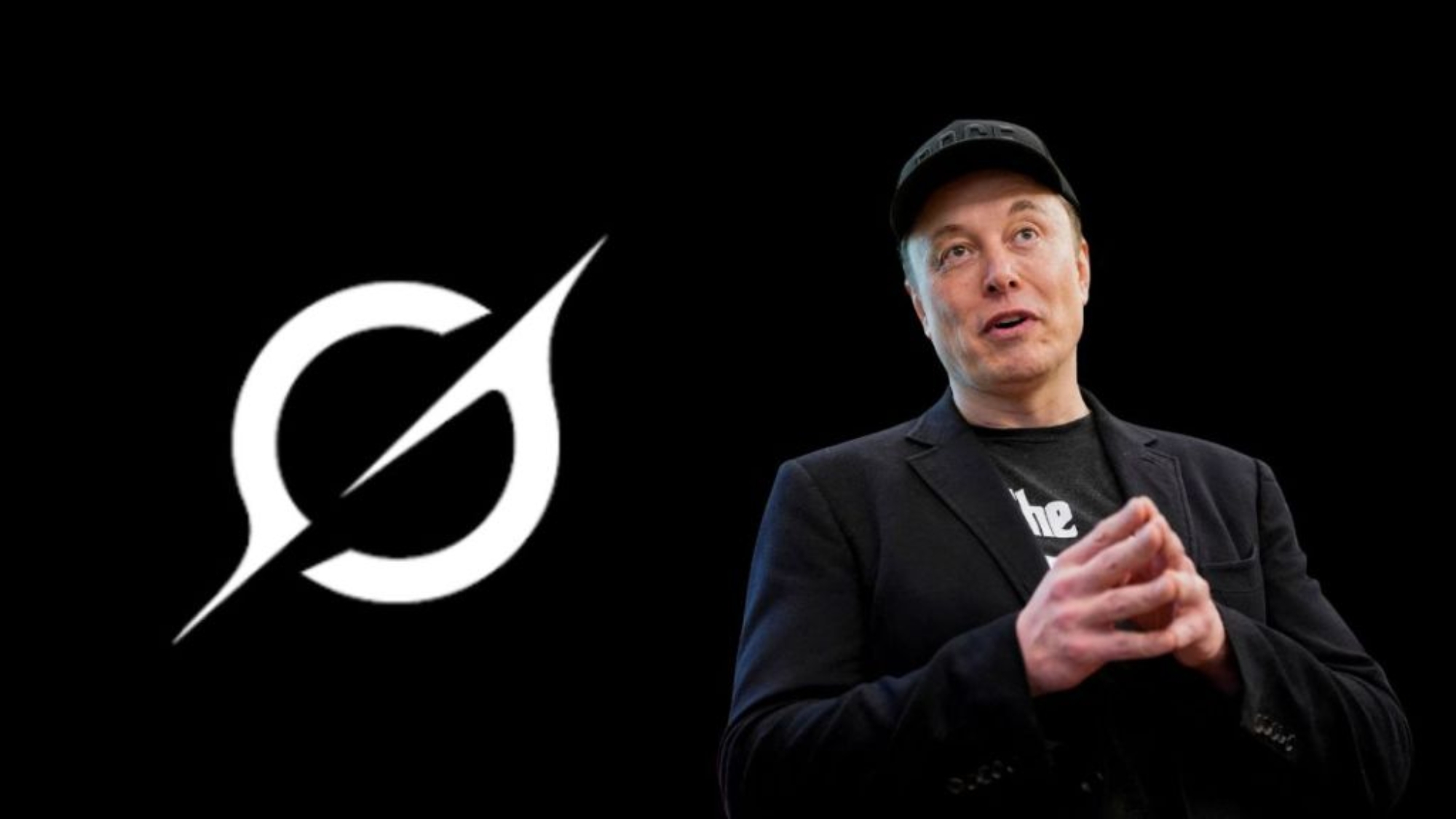Artificial Intelligence (AI) is no longer a futuristic concept—it’s an everyday reality reshaping industries worldwide. But a recent story has reignited the debate about AI’s role in healthcare. Tech billionaire Elon Musk recently declared that “AI is already better than most doctors” after a cancer survivor credited ChatGPT with helping them detect and navigate their diagnosis.
This bold statement is making headlines worldwide, sparking both excitement and concern in the medical community. As AI tools like ChatGPT, Gemini, and Grok become more sophisticated, the potential for AI to revolutionise medical diagnosis and patient care grows exponentially. But is AI ready to replace—or even outperform—human doctors?
Let’s dive deep into the story, the survivor’s experience, Musk’s remarks, and the broader implications for AI in healthcare.
The Cancer Survivor’s Story
The story that sparked Elon Musk’s comment involves a patient who had been struggling with persistent and unexplained symptoms for months. Despite visiting multiple doctors, they couldn’t get a definitive diagnosis.
Frustrated and searching for answers, the patient turned to ChatGPT, an advanced AI model developed by OpenAI. They provided ChatGPT with a detailed description of their symptoms, medical history, and test results. Remarkably, the AI suggested a rare but possible cancer type, urging further diagnostic testing.
Following the AI’s advice, the patient sought another medical opinion, underwent targeted testing, and received confirmation of the diagnosis. Early detection proved life-saving, and the patient publicly credited ChatGPT for pointing them in the right direction.
Elon Musk’s Response
Elon Musk, a long-time advocate and critic of AI depending on its use, took to X (formerly Twitter) to respond to the viral news:
“AI is already better than most doctors. The future of healthcare will be AI-assisted, with doctors playing a supervisory role.”
Musk’s statement comes at a time when Tesla and xAI, his AI startup, are working on integrating advanced AI tools into multiple industries, including healthcare. His comment reflects a growing belief among technologists that AI can reduce diagnostic errors, increase efficiency, and provide medical insights that might otherwise be overlooked.
Why Musk’s Statement Resonates
Musk’s remarks resonate because there is growing evidence that AI systems can outperform humans in certain medical tasks.
1. Diagnostic Accuracy
Research from The Lancet Digital Health has shown that AI can match or surpass human doctors in diagnosing diseases from imaging scans, pathology slides, and symptom reports.
2. Speed and Scalability
AI can process millions of medical records, test results, and research papers in seconds—something no human could do. This means quicker diagnoses, especially for rare diseases.
3. Reducing Human Bias
Doctors, like all humans, can have cognitive biases that affect diagnosis. AI works with data and pattern recognition, reducing emotional or assumption-based errors.
Limitations and Risks of AI in Healthcare
Despite the excitement, there are critical limitations:
- Lack of Empathy: AI can’t provide emotional support, an essential part of patient care.
- Dependence on Data Quality: AI is only as good as the data it’s trained on—poor or biased data can lead to wrong recommendations.
- Accountability: If AI makes a wrong diagnosis, who is responsible—the doctor, the patient, or the AI developer?
The Role of Doctors in an AI-Powered Future
Even Musk acknowledges that doctors will still play a vital role, though perhaps in a different capacity. In an AI-powered healthcare system:
- Doctors may act as supervisors, verifying AI-generated diagnoses.
- AI could handle data-heavy tasks, freeing doctors to focus on human interaction and care.
- Medical training could shift to include AI literacy alongside traditional anatomy and physiology.
AI Tools Already in Use in Medicine
- ChatGPT & GPT-5 Medical Use Cases – Used for symptom analysis, patient communication, and medical literature summarisation.
- Google DeepMind’s MedPaLM – AI trained on medical Q&A datasets for clinical use.
- IBM Watson Health – AI-driven oncology treatment recommendations.
- PathAI – Detects cancer in pathology slides with higher accuracy than many pathologists.
- Babylon Health – AI-powered telemedicine consultations.
Platforms like HealthAuditX are at the forefront, offering AI-driven health audits that analyze symptoms, medical records, and lifestyle data to generate personalized health insights.
Global Reaction to Musk’s Statement
The medical community’s response to Musk’s claim has been mixed:
- Supportive voices say AI could help solve the global doctor shortage and improve healthcare access in rural areas.
- Critics warn against over-reliance, pointing out that AI still makes mistakes and lacks ethical judgment.
- Regulators are discussing the need for stricter guidelines before AI can be used for official medical diagnoses.
Ethical Considerations
As AI steps into the medical field, ethical issues arise:
- Patient Privacy: Ensuring AI tools handle sensitive health data securely.
- Informed Consent: Patients must know when AI is being used in their care.
- Bias and Inequality: AI trained on data from specific populations may underperform for others.
What This Means for the Future of Healthcare
If Musk’s prediction holds, healthcare in the next decade might look very different:
- AI-assisted diagnosis will become standard.
- Personalised treatment plans generated by AI could improve outcomes.
- Remote AI consultations might make quality healthcare accessible worldwide.
But for AI to truly outperform doctors, it must be paired with strong human oversight, ethical frameworks, and constant evaluation.
Conclusion
Elon Musk’s claim that “AI is already better than most doctors” may sound like a bold exaggeration, but the cancer survivor’s story shows it’s not entirely unfounded. AI is not here to replace doctors completely, but rather to augment their capabilities and fill gaps where traditional healthcare falls short.
The real future of medicine lies in collaboration between humans and machines, where empathy and expertise meet the speed and precision of AI.


Add a Comment